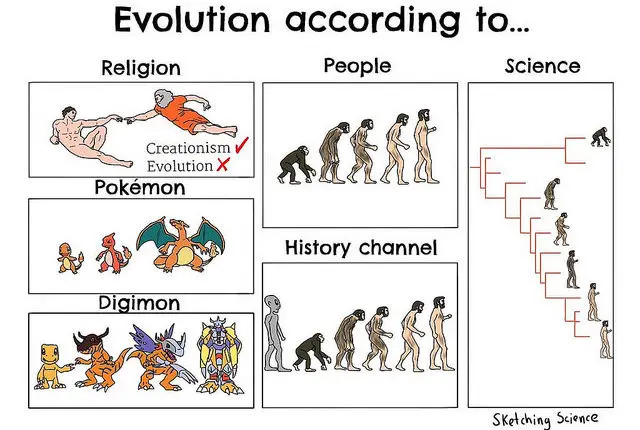Jonathan Dodd’s latest column. Guest opinion articles do not necessarily reflect the views of the publication. Ed
I’ve been to Café Scientifique again. This time the talk was about ‘Evolution by Natural Selection’. It was packed. The thing about these talks is that you might imagine they would be as dry as dust, and as dead as the fossils this particular talk was about, but you’d be dead wrong. Maybe I’m lucky, because the two talks I’ve been to see were both electric, funny, and immensely enjoyable. I rather think this is typical, rather than the exception.
This time, the talk was given by Dr Neil Gostling, a Senior Teaching Fellow from the department of Biological Sciences at Southampton University. He’s a rather jolly man, with a booming voice and an all-encompassing passion for his subject. He had us from the moment he took his jacket off. I wanted to be a Biological Sciences student immediately.
The lovely grinning joy in their faces when they talk about it
I’ve always been an enthusiasm junkie. I love listening to anyone who has a passion, because when they talk about their favourite subject, the thing that makes it their passion comes right at you in the words they’re saying, and the lovely grinning joy in their faces when they talk about it. Dr Neil has this in spades. His real purpose was to explain, in a way that we would really understand, what exactly Evolution is, and what it’s not. I believe I got that, and I’m going to try to explain it in the way I understood myself. And I hope I get it right, or at least not tragically wrong.
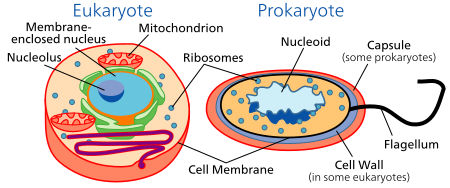
Here’s what I can remember, in a nutshell. The Earth is about 4.5 billion years old. Once it was solid, with a crust, rather than liquid, life got going. We were lucky that way, because of all the possibilities for life or for no life, a combination of physics and chemistry formed basic organisms, which were single-celled and lived in the water, and didn’t do anything much at all for the next 3 billion years.
An evolutionary roller-coaster
Then something spectacular happened to the planet. We don’t know what it was, but it made the surface much more volatile and unpredictable, and the organisms began an evolutionary roller-coaster. The first big idea of the evening was that evolution only happens when things change. That makes sense. Nobody bothers to make huge changes when there’s nothing happening and no pressure to change. It all kicks off when something appears that forces change along.
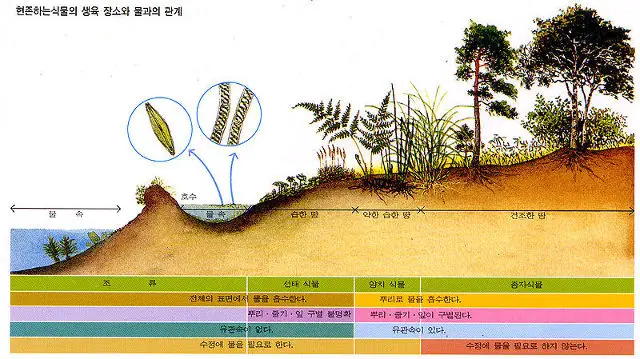
Some of the basic, very small round one-celled organisms became very small round spiky one-celled organisms. And then they began to join together, or split, and they became lots of different shapes and sizes. They didn’t just spontaneously do this. Something changed in their environment, and organisms with one particular trait were able to survive better, in larger numbers, than those without. When the environment kept changing, or changed in many different ways in many different places, different versions survived and thrived.
It’s only important when things change
That isn’t such a big idea though. The thing I had to realise was that it doesn’t just happen that all the organisms were born with a spike or better teeth or whatever. Because all organisms in a population aren’t identical, some do better, and some don’t. If your chief predator chases you on the ground, you’re more likely to survive if you can climb the trees. Eventually, all the members of your species that can climb trees will be able to share the space with these predators. Non-climbers will be eaten before they have babies.
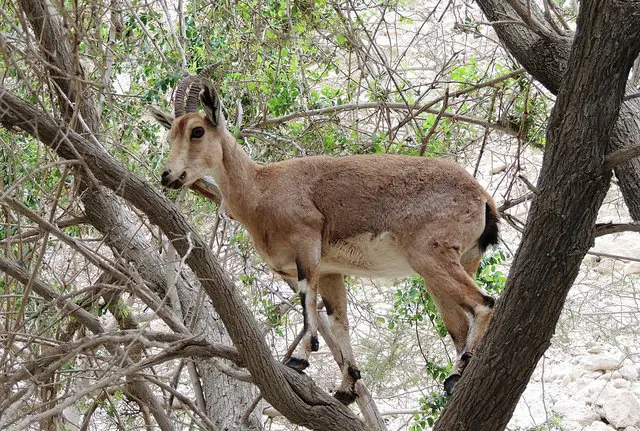
Over a period of time this is what Evolution does. If you’re born with something that helps, you’re more likely to breed. If your offspring share that, they’re more likely to breed too. That’s what it’s all about. It’s all in the ability to survive through having babies. And it’s only important when things change. Dr Neil told us about a scientist who’s been breeding E Coli microbes. These are tiny, and reproduce five times a day. He’s been saving some from each batch for years, and he has 65,000 generations. Every now and then he takes a batch and messes with their environment, changing their nutrition. Every time he does this, most of them die off, but some survive, and they breed ferociously, until there are just as many, which become perfectly adapted to the new environment.
Evolution isn’t a thing, it’s just a process
Evolution, as I discovered, is not about me changing myself to fit the environmental conditions, it’s about me being comfortable enough in these conditions to survive long enough to have babies. Once I’ve done that, my usefulness to the race is finished, apart from helping my children to survive long enough to have their own children. Evolution isn’t a thing, it isn’t alive, it doesn’t care about any particular species or individuals, it’s just a process, and it works perfectly.
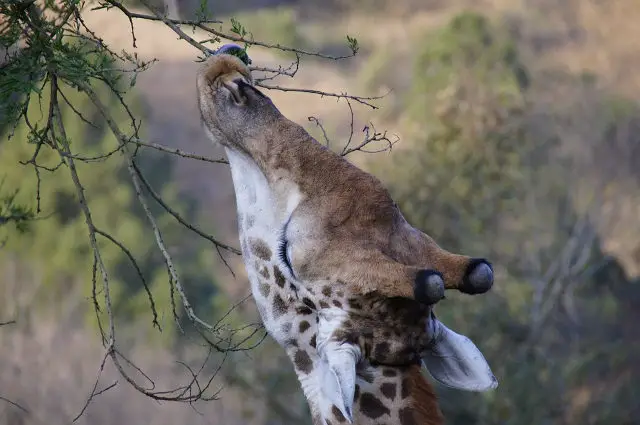
I learned a couple of scientific laws at school, which I’ve forgotten. But I remember what a law is. It describes something that will always happen in a specific circumstance. Evolution is one of those laws. When your environment changes in any way, it will benefit some populations and harm others. There’s a lot of discussion about the things we’re doing to the world and ourselves. They fall into the concept of Evolution in exactly the same way as volcanoes or asteroids do. Something changes, and the population adapts.
We don’t know what’s going to happen
When we make medicine that allows people to live rather than to die, we’re changing the environment, and those people can reproduce too. If those changes remain in place, and nothing else happens to upset that balance, they will survive and breed quite happily. Something quite unrelated might come along and upset the environment in another way, and that’ll cause some of us to have better chances of having successful children, or worse. We don’t know what’s going to happen, and we can only try to be one step ahead, or manage to get around the problem.
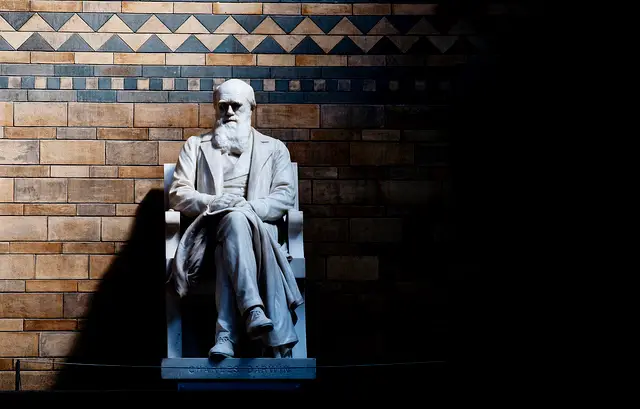
All this sounds rather cruel and depressing, but it isn’t. Darwin, as Dr Neil said, didn’t coin the phrase ‘Survival of the Fittest’. That was Herbert Spencer. Darwin never cared much for basic rules of the jungle thinking. Dr Neil said that if Darwin were here today he would understand and encourage our efforts to intervene to save children and give people a better way of life and better chances of survival, because he was a good and kind man. He lost his eldest daughter to illness, and he worked incredibly hard to save her. Had they lived now, she would have survived.
It was just the exceptions that survived
The mistake most of us make when we think about Evolution is that we place our own values on it. We feel that Evolution is supposed to be looking out for us, or that we shouldn’t mess around too much with it. We think that our own meddling is somehow outside the ‘natural’ forms of selection, rather than another variation in the types of environmental change that are already there.
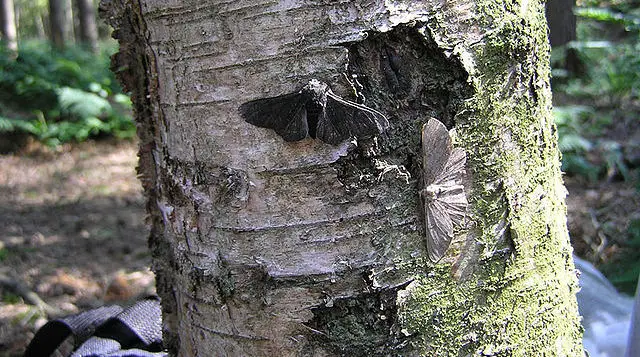
Dr Neil showed us pictures of a moth, which likes to live on Silver Birch trees, and is a very pleasing dusty white colour. 250 years ago, these moths turned black. That was because the trees turned black with all the industrial smoke we started making, and the white ones were eaten because they stood out. Only the few black ones survived, and they bred very fast. Then we had the Clean Air Acts 60 years ago, and the trees became clean again, so now all the black ones were eaten quickly, and the white ones became plentiful again. They didn’t change their colour, it was just the exceptions that survived, in both cases.
We actually have no idea what’s going to happen
Whether or not we’re doing terrible things to the environment and ourselves, or whether we’re going to be able to turn things around before it’s too late, is up to us. Whatever we do, Evolution will keep on working, because it’s just a name for the process of survival in the face of environmental changes. During the question-and-answer session afterwards, someone asked whether we should be thinking ahead and trying to anticipate what may happen. Dr Neil answered this and all the other questions very thoughtfully and honestly.
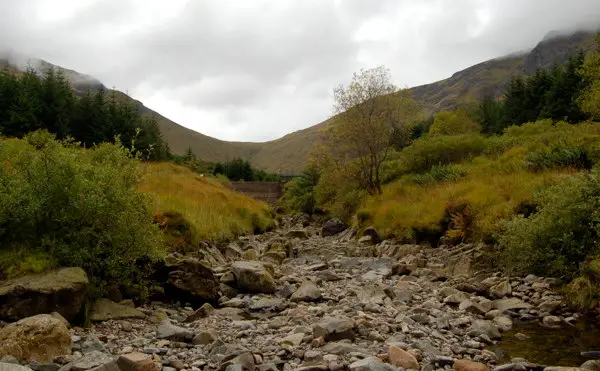
He said that his subject looks backwards because that’s where the evidence is, and we’re still building up a detailed picture of what happened. There are many holes in our knowledge. He said that we actually have no idea what’s going to happen, so it’s difficult to predict and prepare for specific changes. He said that there are scientists who are working on the future, as far as they can tell what is likely to happen. There’s lots of work, for instance, to breed vegetable varieties that will thrive in the warmer climate we’re likely to live in. Other scientists are trying to help desalinate sea water efficiently, because there’s probably going to be a shortage of fresh water. Even the efforts to populate other planets will provide new environments and changes to our chances of survival. But through all of this, Evolution will be working in exactly the same way as it always has.
We have the power to destroy so much
As humans, we do a lot of heart-searching about our responsibility towards ourselves and other species and the planet. We do so partly because we have the intelligence and ingenuity to do so, but mostly because we have the power to destroy so much. The planet has already gone through enormous mass-extinctions several times. 99% of all species that ever lived are extinct. We don’t want to be the cause of so many more extinctions, but we’re doing precious little to save a huge number of animals and plants. It may be that we’re doing ourselves damage by letting them go.
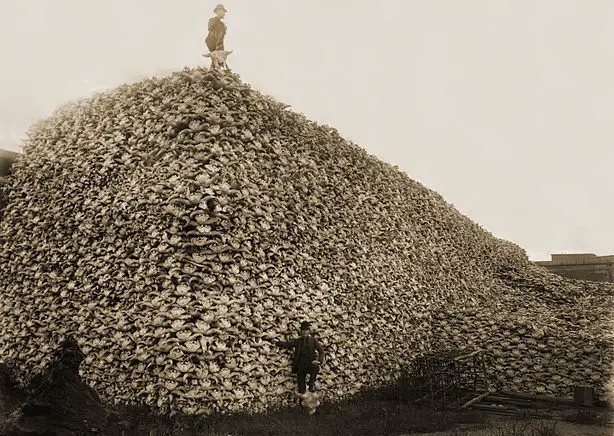
There’s a scene in one of my favourite films – The Fugitive. Tommy Lee Jones plays the US Ranger pursuing Harrison Ford, and traps him in a tunnel near the top of a dam. Harrison Ford’s character says – “I’m innocent!” The Ranger, replies – ‘I don’t care!” That’s how I feel about Evolution. It’s a constant we can rely on to keep working whatever we say or do. It doesn’t care. If your species can keep reproducing, it will survive, and it will change over time. If not, it won’t. So we need to keep being very sure-footed, like mountain goats, in a biological way. Or we need to stop making changes willy-nilly to our environment, so everything can settle down for a while.
If you have been, thank you for reading this.
Image: Silly Deity under CC BY 2.0
Image: Mortadelo2005 under CC BY 2.0
Image: 거북이 under CC BY 2.0
Image: psjeremy under CC BY 2.0
Image: pixabay under CC BY 2.0
Image: cgpgrey under CC BY 2.0
Image: Martinowksy under CC BY 2.0
Image: Michael Gallacher under CC BY 2.0
Image: Detroit Public Library – Public Domain under CC BY 2.0

